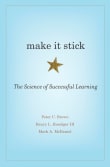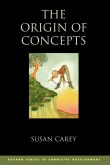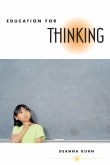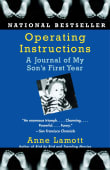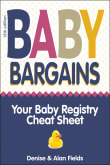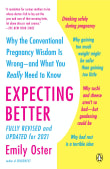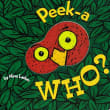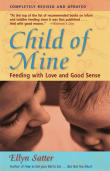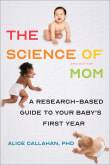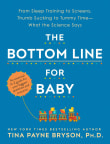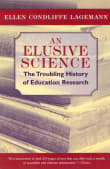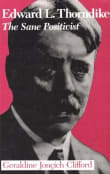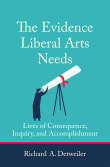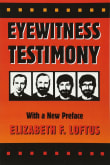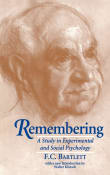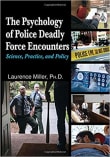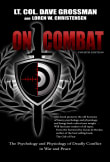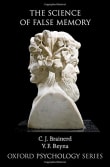The Scientist in the Crib
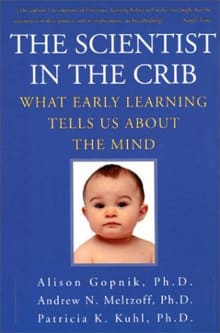
Book description
This exciting book by three pioneers in the new field of cognitive science discusses important discoveries about how much babies and young children know and learn, and how much parents naturally teach them. It argues that evolution designed us both to teach and learn, and that the drive to learn…
Why read it?
4 authors picked The Scientist in the Crib as one of their favorite books. Why do they recommend it?

It’s impossible, as a parent, not to marvel at the miracle of learning that occurs in very young children. Indeed, parents have experienced this sense of awe for time immemorial, and some have gone so far as to venture explanations for how it works. John Dewey, the American philosopher and psychologist, argued at the dawn of the twentieth century that children are like young scientists as they go about their day, subtly testing the things and people around them to see how they work. We now know, in no small part due to the work of researchers including The Scientist…
From Sanjay's list on helping us reimagine what education could be.

I have always been fascinated, and read a lot about, how much babies learn during their first year, but this book still captivated and surprised me. It reads like a journey into a baby’s world. The authors’ perspective helped me notice and appreciate even more the seemingly small but clever things my babies did every day and, ultimately, see them as competent little people and trust their learning process. The Scientist in the Crib won’t give you any specific how-tos, but if you wish you knew what your baby is thinking, this book is for you.
From Anya's list on raising a baby.

We all know, at this point, that babies are not just little adults. But what are they? What is their experience? What are their minds doing, and what do their minds need? This book, by three cognitive science researchers, offers a glimpse at some answers. And it might just help you feel less self-conscious when you find yourself irresistibly chatting to a small person who cannot yet chat back.
From Laura's list on for expectant parents with curious minds.
If you love The Scientist in the Crib...

This book provides an accessible overview of the developmental origins of scientific reasoning. The hallmarks of inquiry—constructing hypotheses, conducting experiments, interpreting observations, revising theories—can be observed early in development, and the authors explain how infants and children use these skills to develop a rich understanding of the physical and social world. This book introduces the metaphor of “child as scientist,” which has shaped much recent research on cognitive development. This metaphor is motivated not just by empirical studies but also by historical and philosophical considerations about the origins of science, which the authors intermix with charming anecdotes and personal stories.
From Andrew's list on the cognitive foundations of science.
Want books like The Scientist in the Crib?
Our community of 12,000+ authors has personally recommended 100 books like The Scientist in the Crib.

